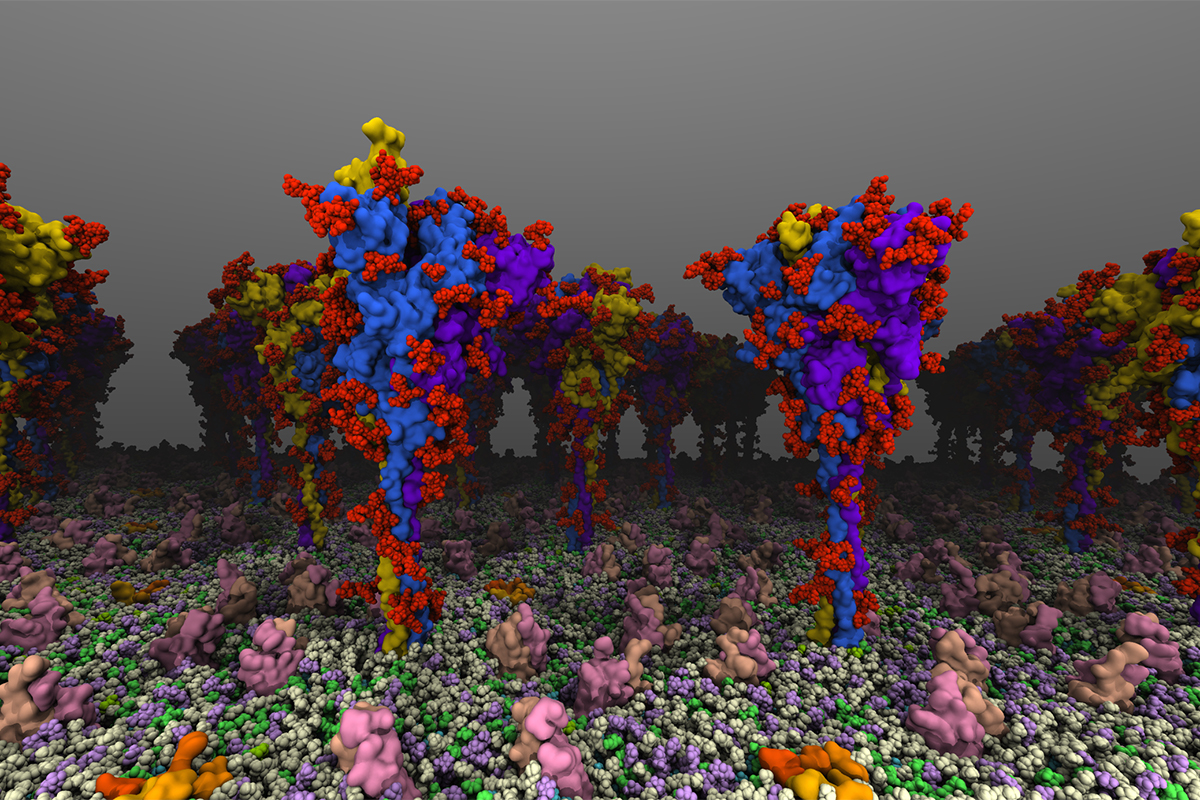In recognition of Professor Herbert E. Carter's extraordinary accomplishments and mentorship, Professor Carter's students and associates founded the Herbert E. Carter Fellowship to support promising Biochemistry students in their graduate studies at the University of Illinois. The Herbert E. Carter Lectureship in Nutritional Biochemistry and Preventive Medicine is sponsored by Dr. William Lands, one of Professor Carter's last graduate students at Illinois. Dr. Lands is renowned as a leading authority on fats and lipids in metabolism and nutrition, and was also the discoverer of the mechanism of action of aspirin. It is Dr. Lands' intent, through the Carter Lectureship, to inspire biochemical research that will influence molecular medicine and preventive nutritional measures to address chronic human diseases.
About Herbert Carter
Herbert E. Carter was born in 1910 to Indiana farmers and graduated with an AB degree in Chemistry from DePauw University in 1930. He then moved to the University of Illinois for his graduate work in organic chemistry with Professor Carl "Speed" Marvel. Upon completion of his PhD in 1934, Dr. Carter was hired as the second member of the newly formed Division of Biochemistry by its head, Professor William C. Rose. Carter and Rose collaborated in the discovery of the essential amino acid threonine and determined its structure. This led to Carter's pioneering work in determining the structure of sphingosine, from which he coined the term "sphingolipids" to encompass the family of cerebrosides, sphingomyelins, and gangliosides that are associated with the brain and nervous system. Professor Carter also made significant contributions to the structural knowledge of glycolipids and antibiotics. His outstanding work was recognized by a number of honors including the Eli Lilly Award in Biological Chemistry and early election, at the age of 43, to the National Academy of Sciences. Professor Carter served as Head of the Chemistry and Chemical Engineering Department, Acting Dean of the Graduate College, and Vice Chancellor of Academic Affairs at the University of Illinois before moving to the University of Arizona to foster the development of interdisciplinary programs.
At the national level, he served as a member of the Council of the National Academy of Sciences, Chair of the National Science Board, as well as President of the American Society of Biological Chemistry.
Previous speakers
2018-19: Dr. Jeffrey I. Gordon
Washington University School of Medicine in St. Louis
"Childhood Undernutrition: A Microbial View of Postnatal Human Development"
2017-18: Dr. Jared Rutter
University of Utah Howard Hughes Medical Institute
"Mitochondria, Metabolism and Cellular Decisions: Entwined in Health and Disease"
2016-17: Dr. Paul Schimmel
The Scripps Institute
"Nature's Repurposing of Human tRNA Synthetases for Cell Signaling"
2015-16: Dr. Lewis C. Cantley
Weill Cornell Medical College Cornell University
"PI 3-Kinase and Cancer Metabolism"
2013-14: Dr. Craig B. Thompson
Memorial Sloan Kettering Cancer Center
"The Role of Metabolism in the Regulation of Cell Growth and Differentiation"
2012-13: Dr. David M Sabatini
Whitehead Institute for Biomedical Research and Massachusetts Institute of Technology, Cambridge, MA
"Regulation of growth by the mTOR pathway"
2011-12: Dr. David Mangelsdorf
UT Southwestern Medical Center, Dallas, TX
"Nuclear Receptors and Regulation of Nutrient Metabolism: From Worms to Man"
2010-11: Dr. Leonard Guarente
Massachusetts Institute of Technology, Cambridge, MA
"Sirtuins, Aging and Disease"
2009-10: Dr. Ronald M. Evans
The Salk Institute for Biological Studies, La Jolla, CA
"Nuclear Receptors and AMPK-Resetting Metabolism"
